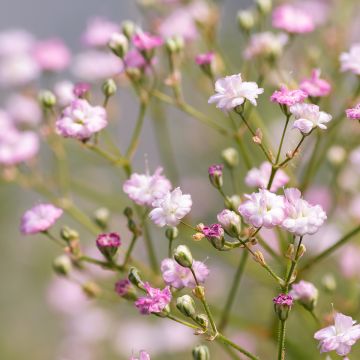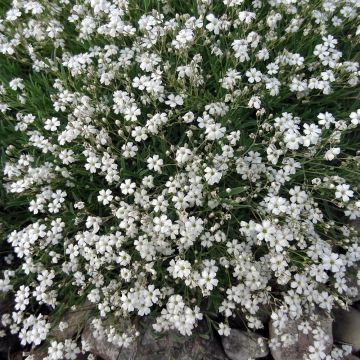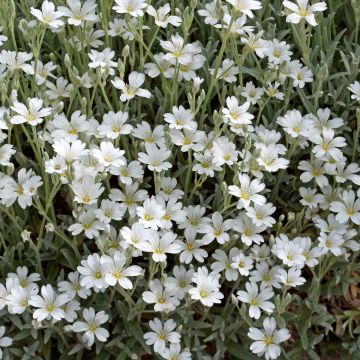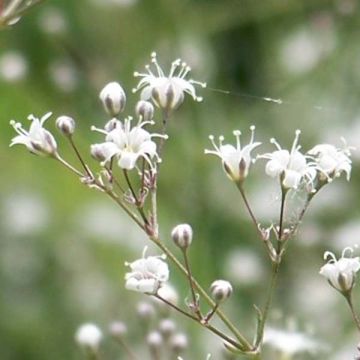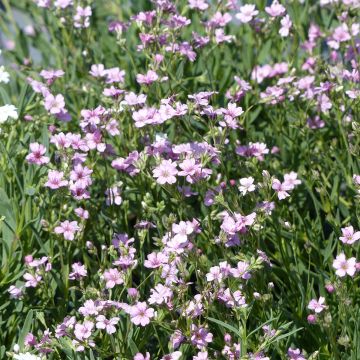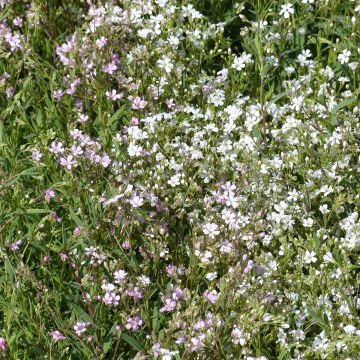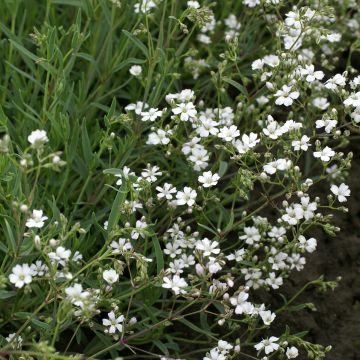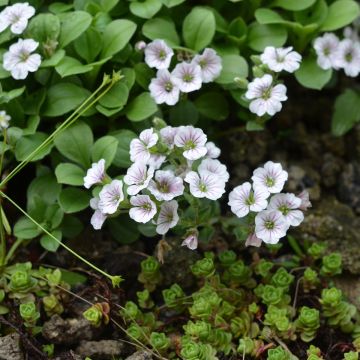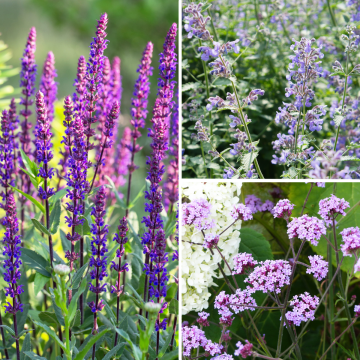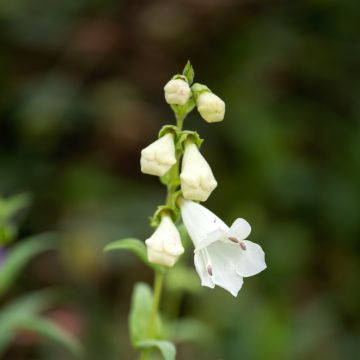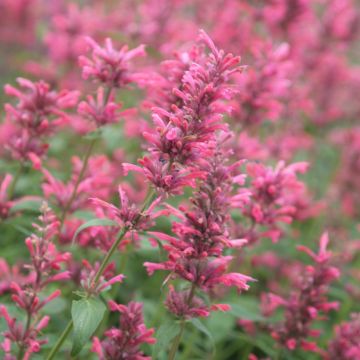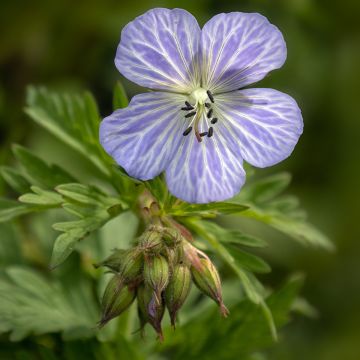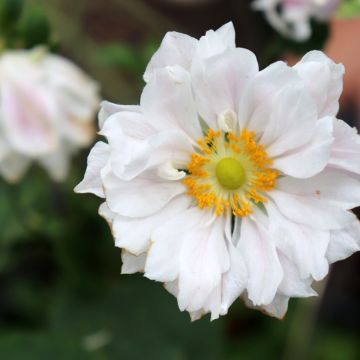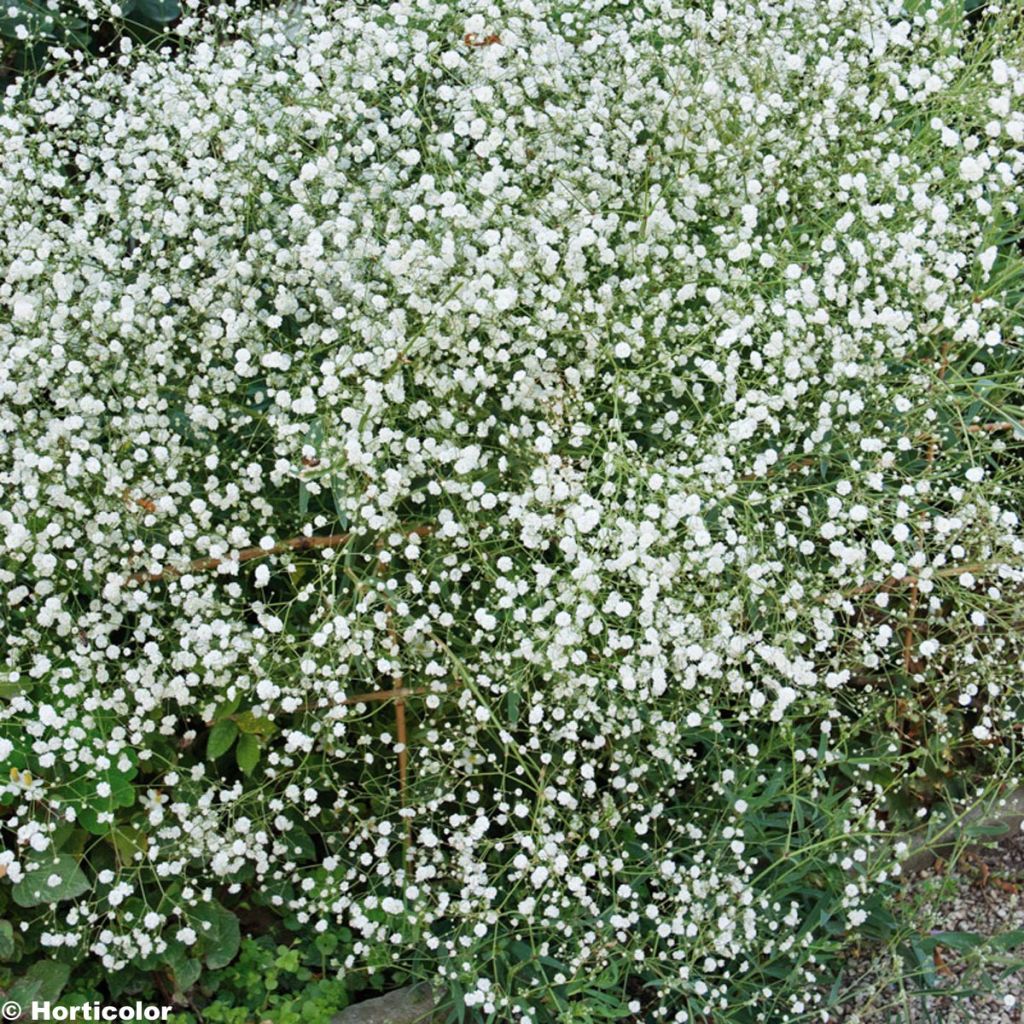

Gypsophila paniculata Bristol Fairy
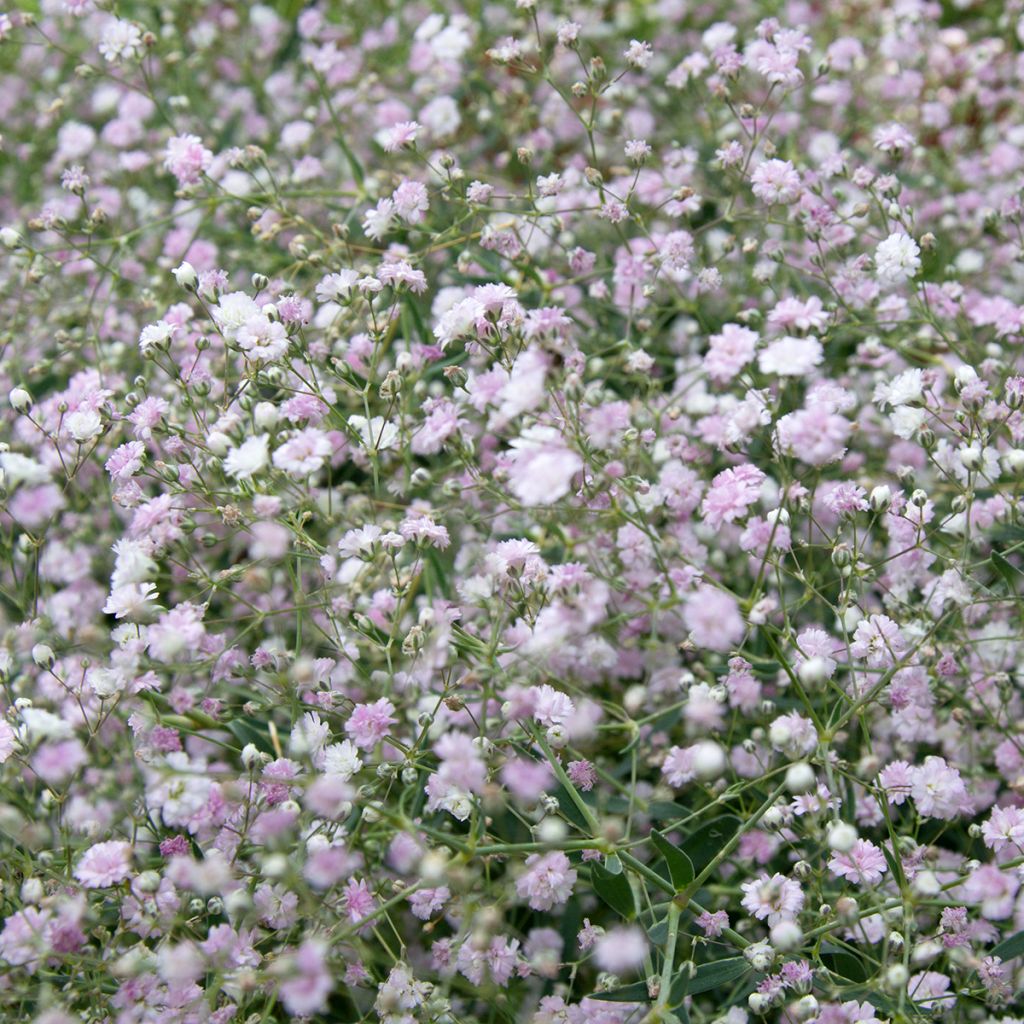

Gypsophila paniculata Bristol Fairy
Gypsophila paniculata Bristol Fairy
Gypsophila x paniculata Bristol Fairy
Baby's Breath
A robust and very pretty young plant, but it doesn't flower from July to September as indicated. It only stays in bloom for barely a month during July.
caroline, 29/07/2025
Special offer!
Receive a €20 voucher for any order over €90 (excluding delivery costs, credit notes, and plastic-free options)!
1- Add your favorite plants to your cart.
2- Once you have reached €90, confirm your order (you can even choose the delivery date!).
3- As soon as your order is shipped, you will receive an email containing your voucher code, valid for 3 months (90 days).
Your voucher is unique and can only be used once, for any order with a minimum value of €20, excluding delivery costs.
Can be combined with other current offers, non-divisible and non-refundable.
Why not try an alternative variety in stock?
View all →This plant carries a 12 months recovery warranty
More information
We guarantee the quality of our plants for a full growing cycle, and will replace at our expense any plant that fails to recover under normal climatic and planting conditions.
Would this plant suit my garden?
Set up your Plantfit profile →
Description
Nicknamed 'mist', Gypsophila paniculata 'Bristol Fairy' forms a cloud of small white pompom flowers, pure white, exceeding one meter in all directions. Its extraordinary lightness makes this semi-woody perennial suitable for beds of heavier perennials, in light and well-exposed soil. It requires little care, blooms all summer, and can be used to create charming dried or fresh bouquets.
Gypsophila paniculata 'Bristol Fairy' belongs to the Caryophyllaceae family. It is a double-flowered form of the paniculate baby's breath, native to Europe and temperate Asia. It forms a bushy, highly branched and round clump, reaching a minimum of 1 m (3 feet) in all directions. Often treated as an annual, it is a very hardy plant but not very long-lived. Its flowering period is long, occurring from June to September. It becomes covered with countless very double flowers, measuring 1.5 cm (1in) in diameter, grouped in very airy panicles. The foliage is deciduous, composed of linear, thin and glabrous leaves, about 7 cm (3in) long. The base is woody, and the root system consists of fleshy and fragile rhizomes.
Gypsophila paniculata 'Bristol Fairy' brings a lot of lightness to every bed and bouquet where it is present. This plant thrives in moist and rich, well-draining soil and requires a sunny exposure. It also looks beautiful in rock gardens alongside salvias, oriental poppies, garden irises, echinaceas, and tall thistles. Whether in a bouquet or in the garden, it is an ideal companion for both old-fashioned and modern roses.
Report an error about the product description
Gypsophila paniculata Bristol Fairy in pictures
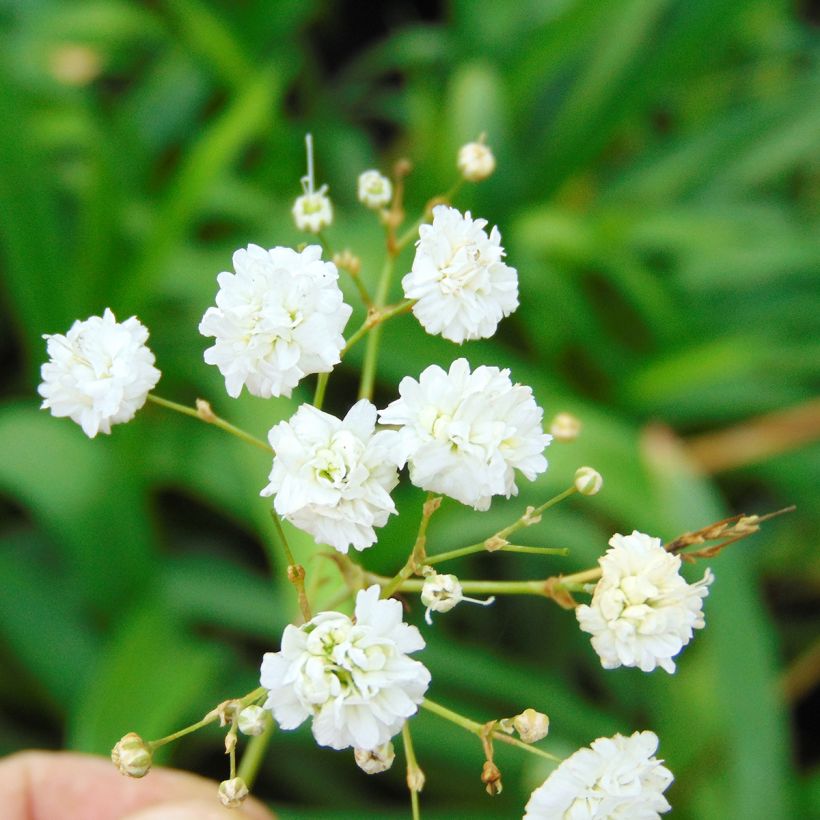

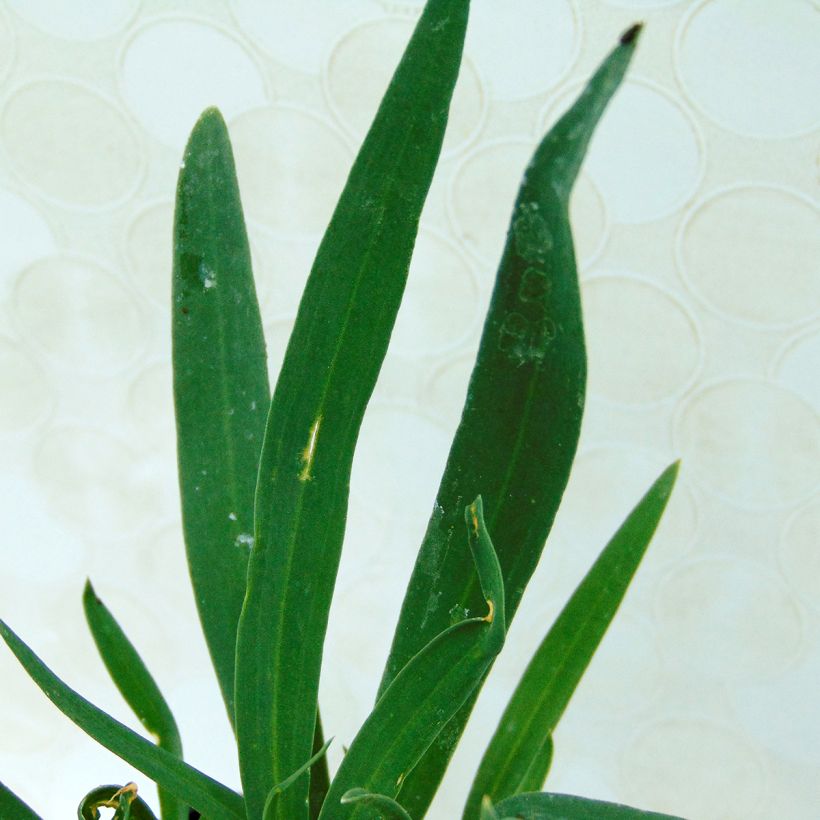

Flowering
Foliage
Plant habit
Botanical data
Gypsophila
x paniculata
Bristol Fairy
Caryophyllaceae
Baby's Breath
Cultivar or hybrid
Other Gypsophila
View all →Planting and care
Gypsophila paniculata 'Bristol Fairy' requires a light, even poor, calcareous, rocky and sandy soil, in full sun. In heavy and moist soil, they behave like annual plants. A very well-drained soil allows it to live for a long time and withstand the cold. In rich and moist soil, it dies in the winter following its planting. Plant in a sheltered location from strong winds. Prune the plant after flowering. Choose its location carefully, as it does not like to be moved.
Planting period
Intended location
Care
-
, onOrder confirmed
Reply from on Promesse de fleurs
Similar products
Haven't found what you were looking for?
Hardiness is the lowest winter temperature a plant can endure without suffering serious damage or even dying. However, hardiness is affected by location (a sheltered area, such as a patio), protection (winter cover) and soil type (hardiness is improved by well-drained soil).

Photo Sharing Terms & Conditions
In order to encourage gardeners to interact and share their experiences, Promesse de fleurs offers various media enabling content to be uploaded onto its Site - in particular via the ‘Photo sharing’ module.
The User agrees to refrain from:
- Posting any content that is illegal, prejudicial, insulting, racist, inciteful to hatred, revisionist, contrary to public decency, that infringes on privacy or on the privacy rights of third parties, in particular the publicity rights of persons and goods, intellectual property rights, or the right to privacy.
- Submitting content on behalf of a third party;
- Impersonate the identity of a third party and/or publish any personal information about a third party;
In general, the User undertakes to refrain from any unethical behaviour.
All Content (in particular text, comments, files, images, photos, videos, creative works, etc.), which may be subject to property or intellectual property rights, image or other private rights, shall remain the property of the User, subject to the limited rights granted by the terms of the licence granted by Promesse de fleurs as stated below. Users are at liberty to publish or not to publish such Content on the Site, notably via the ‘Photo Sharing’ facility, and accept that this Content shall be made public and freely accessible, notably on the Internet.
Users further acknowledge, undertake to have ,and guarantee that they hold all necessary rights and permissions to publish such material on the Site, in particular with regard to the legislation in force pertaining to any privacy, property, intellectual property, image, or contractual rights, or rights of any other nature. By publishing such Content on the Site, Users acknowledge accepting full liability as publishers of the Content within the meaning of the law, and grant Promesse de fleurs, free of charge, an inclusive, worldwide licence for the said Content for the entire duration of its publication, including all reproduction, representation, up/downloading, displaying, performing, transmission, and storage rights.
Users also grant permission for their name to be linked to the Content and accept that this link may not always be made available.
By engaging in posting material, Users consent to their Content becoming automatically accessible on the Internet, in particular on other sites and/or blogs and/or web pages of the Promesse de fleurs site, including in particular social pages and the Promesse de fleurs catalogue.
Users may secure the removal of entrusted content free of charge by issuing a simple request via our contact form.
The flowering period indicated on our website applies to countries and regions located in USDA zone 8 (France, the United Kingdom, Ireland, the Netherlands, etc.)
It will vary according to where you live:
- In zones 9 to 10 (Italy, Spain, Greece, etc.), flowering will occur about 2 to 4 weeks earlier.
- In zones 6 to 7 (Germany, Poland, Slovenia, and lower mountainous regions), flowering will be delayed by 2 to 3 weeks.
- In zone 5 (Central Europe, Scandinavia), blooming will be delayed by 3 to 5 weeks.
In temperate climates, pruning of spring-flowering shrubs (forsythia, spireas, etc.) should be done just after flowering.
Pruning of summer-flowering shrubs (Indian Lilac, Perovskia, etc.) can be done in winter or spring.
In cold regions as well as with frost-sensitive plants, avoid pruning too early when severe frosts may still occur.
The planting period indicated on our website applies to countries and regions located in USDA zone 8 (France, United Kingdom, Ireland, Netherlands).
It will vary according to where you live:
- In Mediterranean zones (Marseille, Madrid, Milan, etc.), autumn and winter are the best planting periods.
- In continental zones (Strasbourg, Munich, Vienna, etc.), delay planting by 2 to 3 weeks in spring and bring it forward by 2 to 4 weeks in autumn.
- In mountainous regions (the Alps, Pyrenees, Carpathians, etc.), it is best to plant in late spring (May-June) or late summer (August-September).
The harvesting period indicated on our website applies to countries and regions in USDA zone 8 (France, England, Ireland, the Netherlands).
In colder areas (Scandinavia, Poland, Austria...) fruit and vegetable harvests are likely to be delayed by 3-4 weeks.
In warmer areas (Italy, Spain, Greece, etc.), harvesting will probably take place earlier, depending on weather conditions.
The sowing periods indicated on our website apply to countries and regions within USDA Zone 8 (France, UK, Ireland, Netherlands).
In colder areas (Scandinavia, Poland, Austria...), delay any outdoor sowing by 3-4 weeks, or sow under glass.
In warmer climes (Italy, Spain, Greece, etc.), bring outdoor sowing forward by a few weeks.































